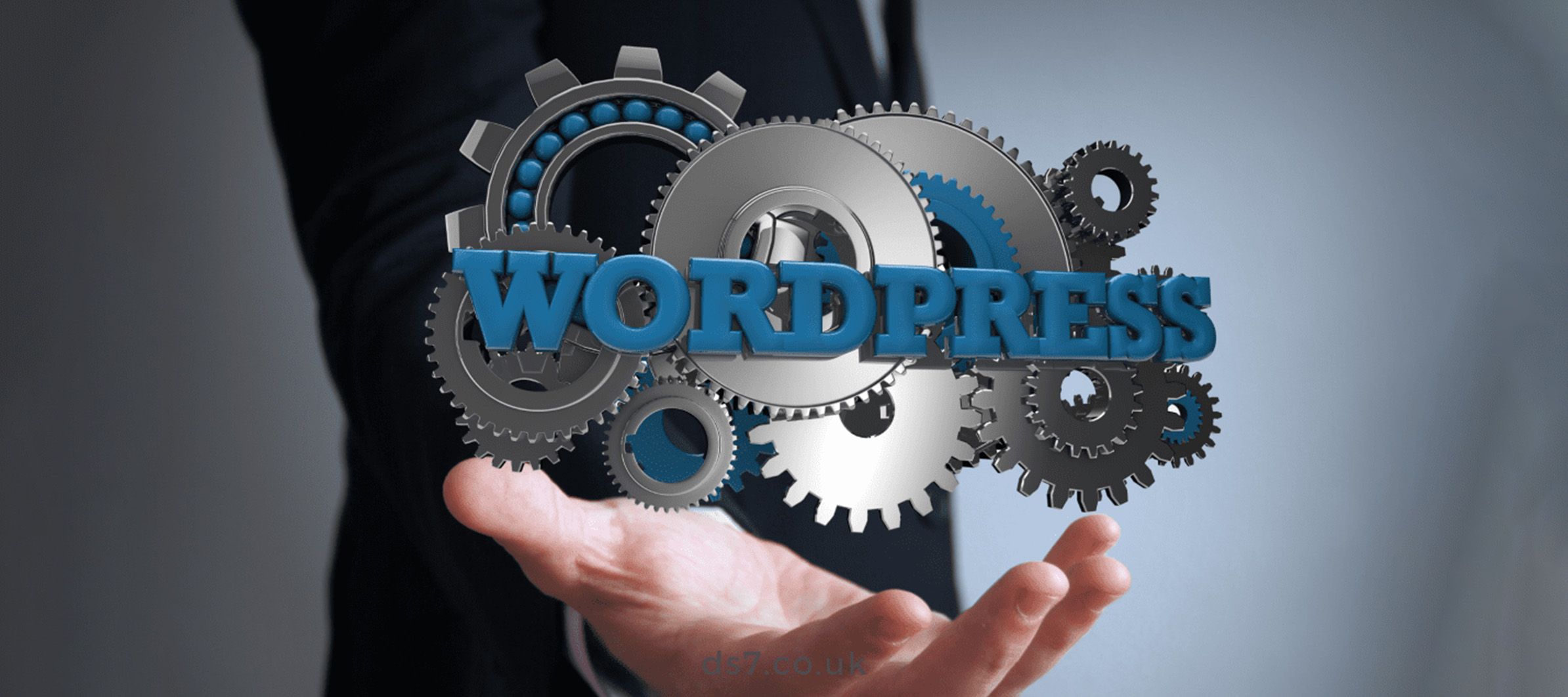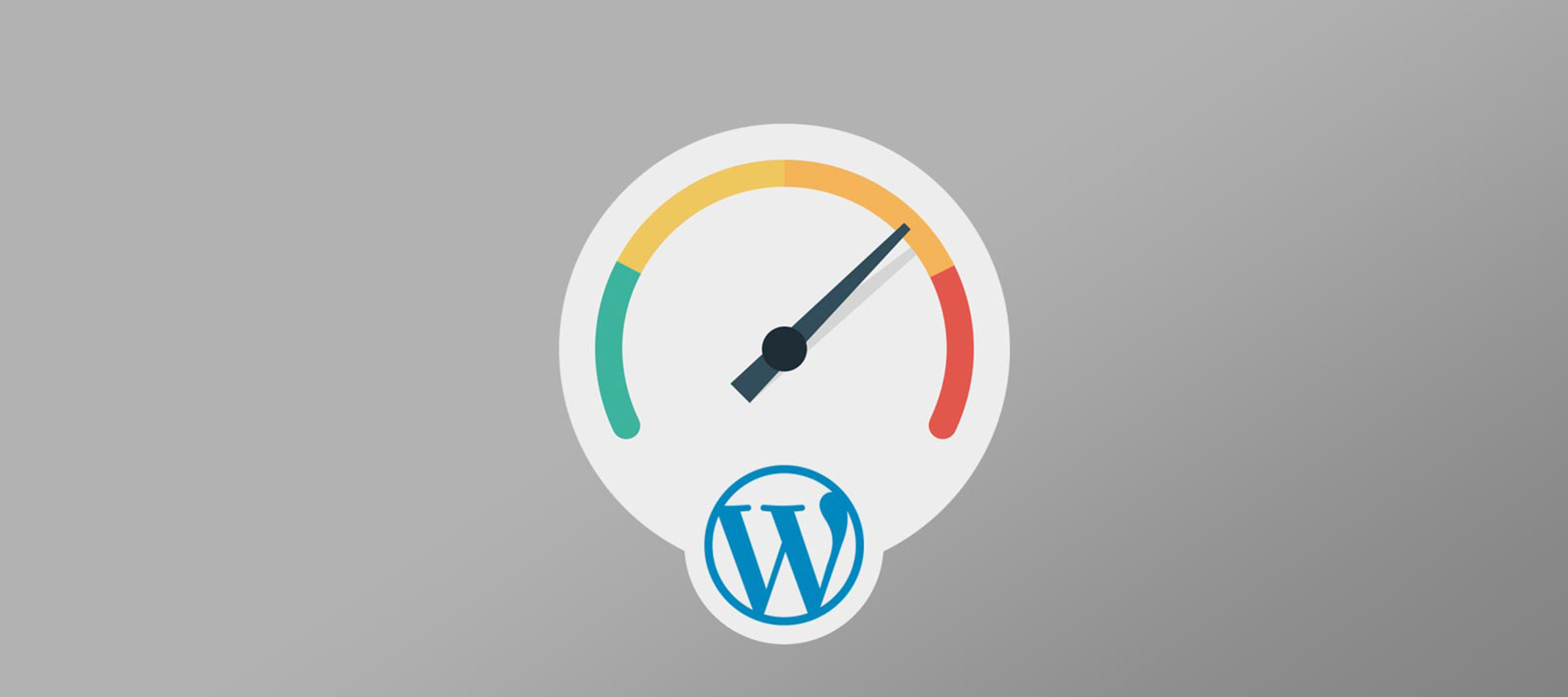
The Pros and Cons of Using WordPress as a CMS
WordPress is one of the most popular content management systems (CMS) worldwide, powering nearly 40% of all websites. With its ease of use and flexibility, WordPress has become a top choice for individuals and businesses alike. However, it’s not without its drawbacks. Here’s a closer look at the pros and cons of using WordPress as a CMS.




